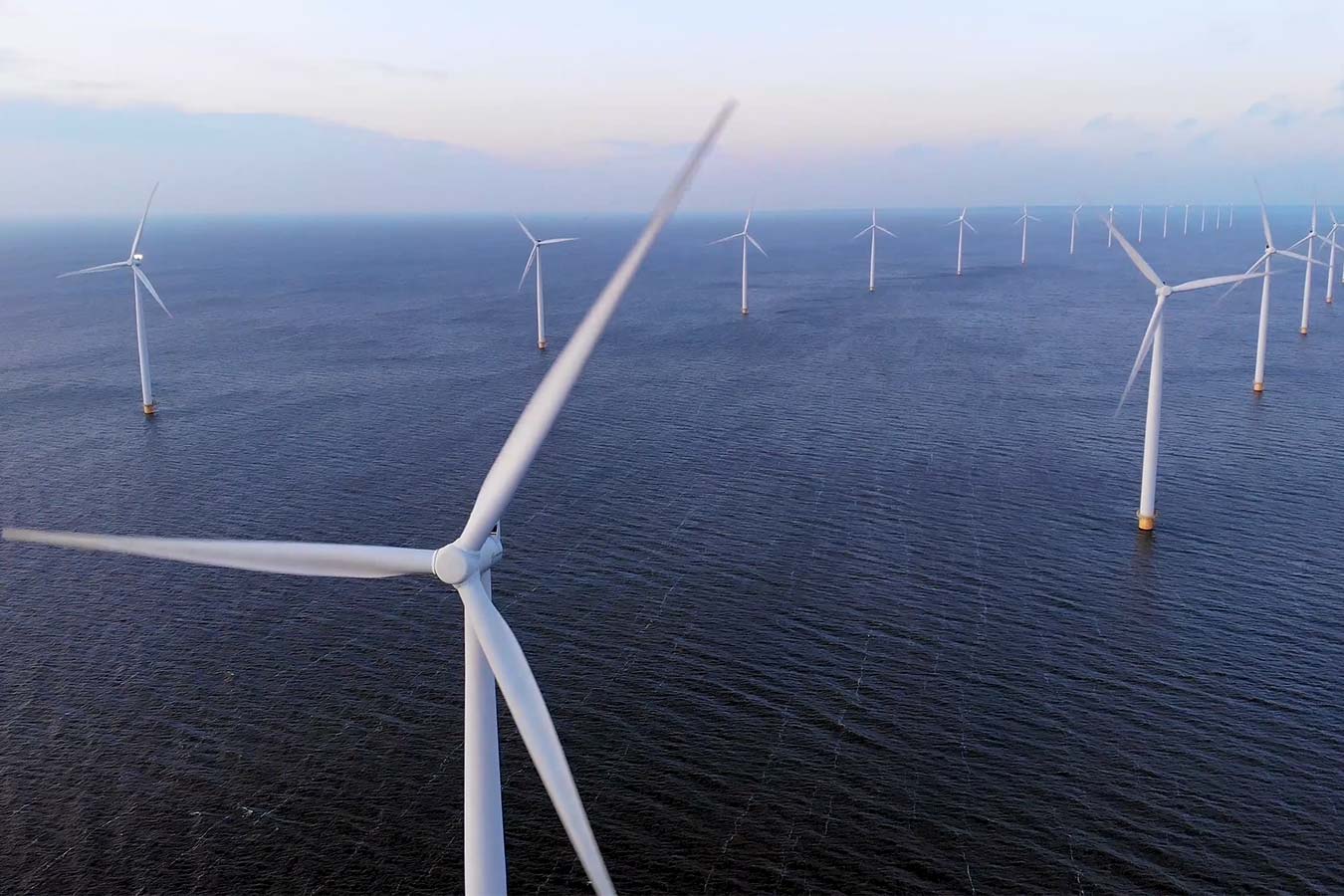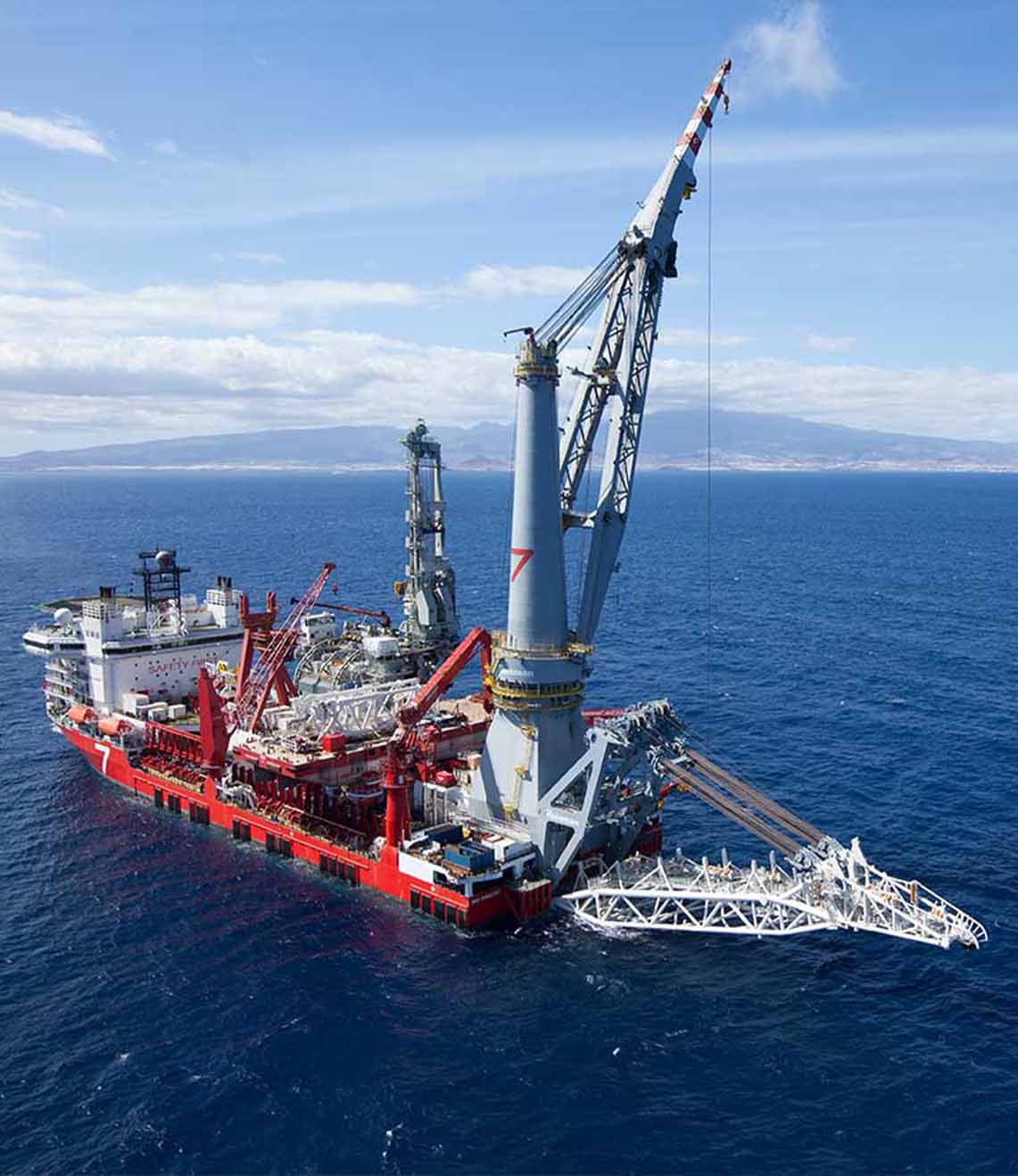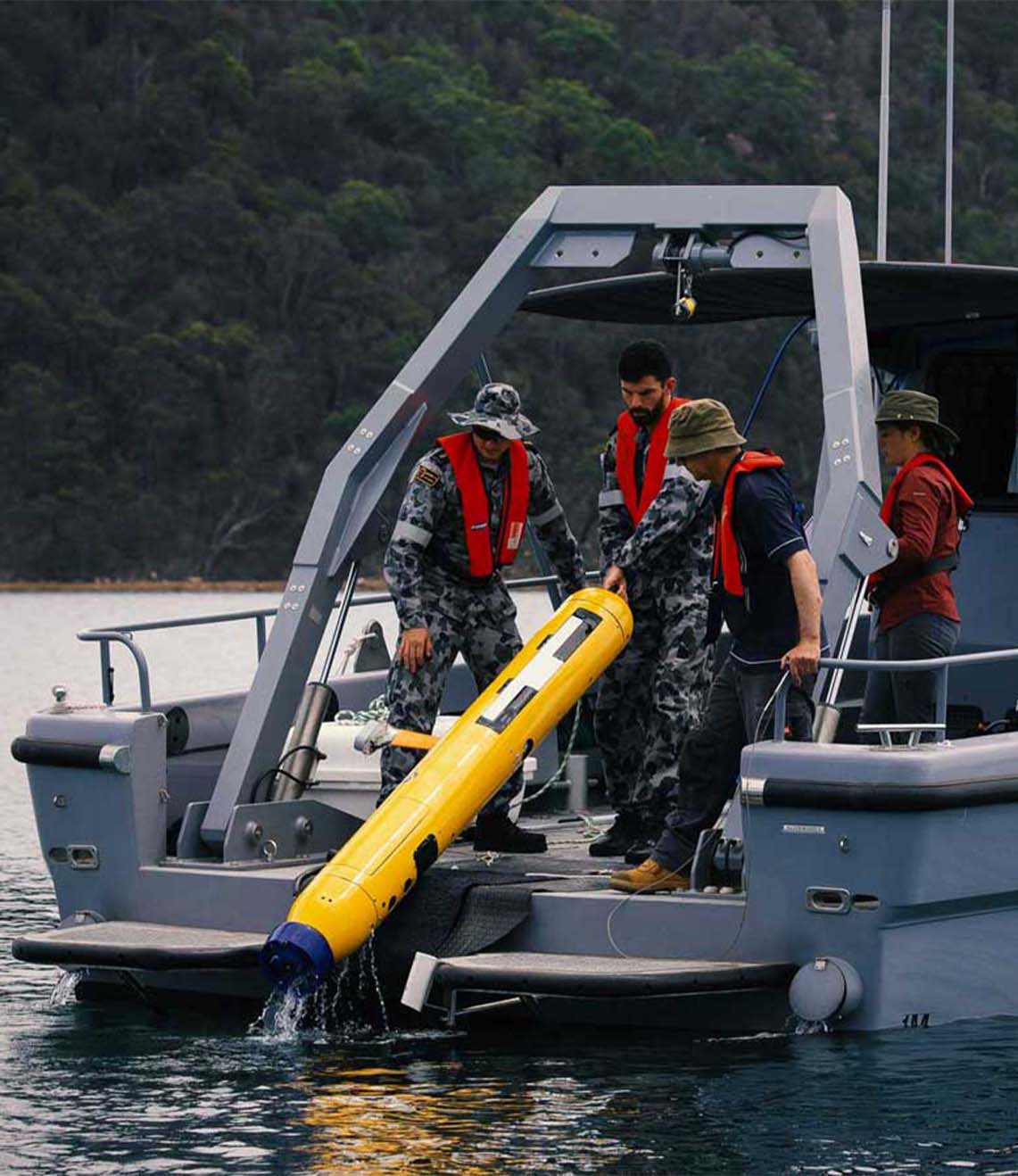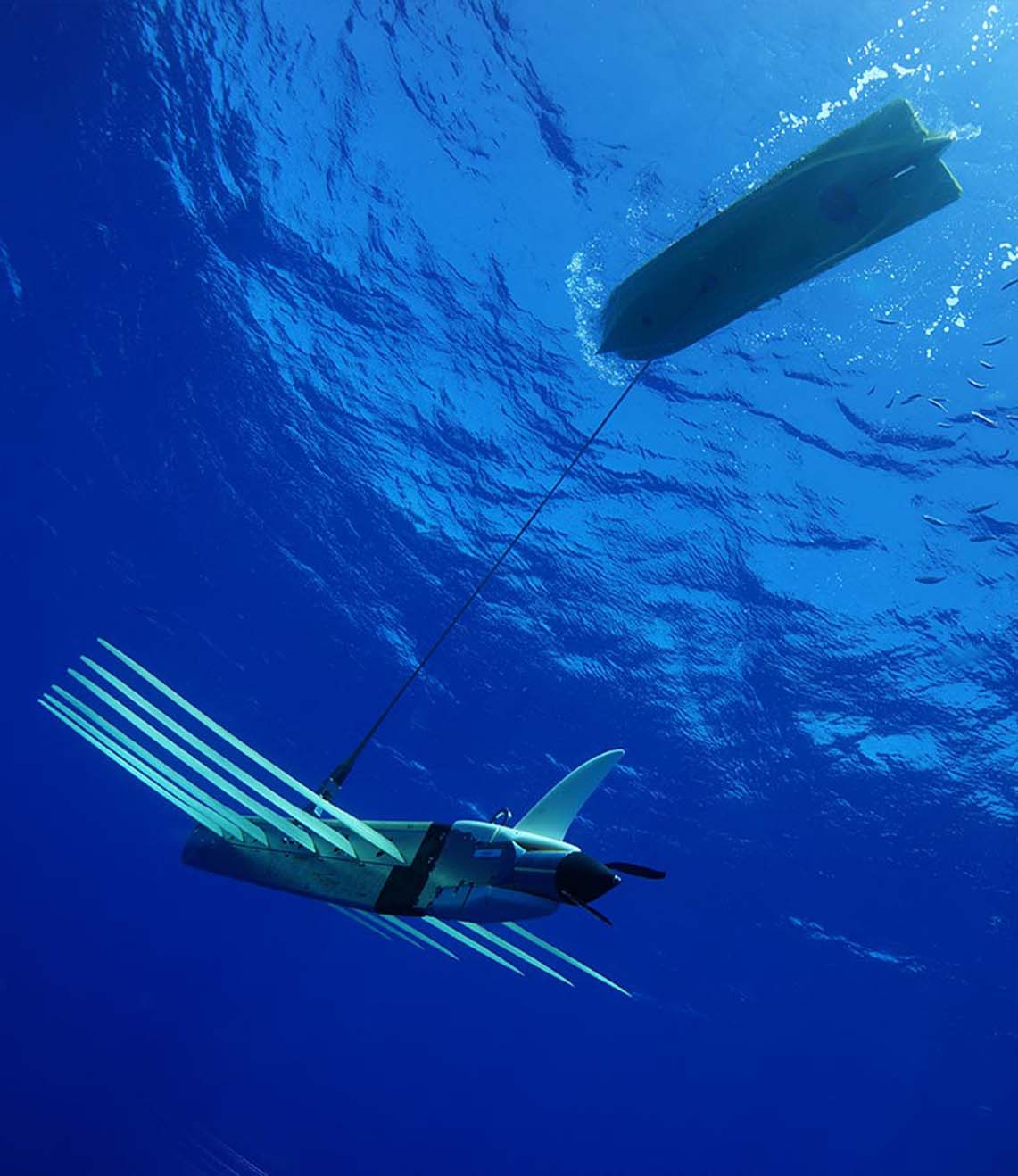World Oceans Day: Focusing on shark preservation
We’re a long-term corporate patron of leading UK-based charity the Shark Trust, supporting its work globally to preserve the world’s shark populations. Ahead of World Oceans Day on Saturday, we invited the Shark Trust Managing Director Paul Cox to tell us – and you – about some of the issues the charity is addressing.
Author: Paul Cox, Managing Director, Shark Trust
 That plastic straw thing. It has a peculiar ability to both delight and dismay in equal measure. Coming from someone who spends their working life dedicated to marine conservation, how can a ban on plastic straws be anything but a good thing?
That plastic straw thing. It has a peculiar ability to both delight and dismay in equal measure. Coming from someone who spends their working life dedicated to marine conservation, how can a ban on plastic straws be anything but a good thing?
It’s great that a big sustainability issue has made it into the “mainstream” – using a plastic straw has gone from unremarkable to almost socially unacceptable in little over a year. But it feels to me a bit like misdirection. The future of our oceans doesn’t, sadly, hinge on banning plastic straws.
My hope is that the straw will become an icon, a symbol of the willingness to change. It’s not the conclusion of the story, but the beginning of a new chapter in how we deal with the ocean to which we owe so much.
An immediate threat
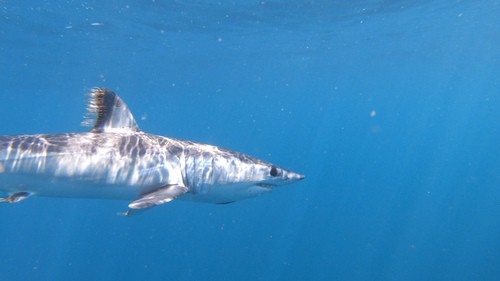
Alongside the plastic problem, there’s another, more immediate threat which isn’t getting the bandwidth that it deserves. And that’s overfishing. It’s not a complicated equation. We all know that if we spend more than we earn, things are going to go badly. You can get away with it for a while but ultimately, if you make a habit of it, then at some point you’ll get into trouble.
This problem is at the heart of overfishing. Think of the sea as a savings account. We inherited a lump sum which, as the fish reproduce, pays interest. Withdraw some or all of that interest and your nest egg is safe. Take more and your savings start to shrink. When your savings shrink so does your interest.
In amongst that inheritance are some priceless antiques of nature: Sharks. They’ve been in the oceans for more than 400 million years and include some of the most vital, valuable and vulnerable species in our seas.
At risk of extinction
Sharks are also particularly vulnerable to overfishing. They’re slow and thrifty at reproducing. They pay a low rate of “interest”, so they should be fished with caution. But they’re not. They’re being taken in high numbers and, for too many species, at a rate beyond their ability to replace themselves. The last comprehensive analysis by the International Union for Conservation of Nature (IUCN) Red List of Threatened Species estimated that over a quarter of the 1000+ species of sharks and rays that exist are at risk of extinction. This includes some of the most well-known and well-loved sharks.
If we’re to avoid bankruptcy, we need to act fast. The Shark Trust is the UK charity that works globally to safeguard the future of sharks and rays. Transforming fisheries to sustainability is a core goal and the we work with a range of international partners to achieve positive change.
Through various projects and campaigns the we’ve been a leader for more than 20 years in taking a sensible line on shark conservation and always placing science at the heart of decision-making. Our work cuts across governments, policymakers, industry and businesses. We find constructive solutions and drive best practice wherever sharks and people meet.
Targeting uncontrolled shark fisheries

Our No Limits? campaign targets an end to uncontrolled shark fisheries – in Europe and on the high seas. We’re determined that shark fisheries should implement science-based catch limits to prevent continued overfishing.
The plight of the Shortfin Mako – the world’s fastest shark – demonstrates the importance of this effort. This stunning shark, recently re-assessed as Endangered by the IUCN, has been heavily overfished in the Atlantic. In 2017, scientists estimated that, even if catches were cut to zero, North Atlantic Shortfin Makos would only have a 54% chance of recovery by 2040. Despite this dire prediction and the clear need for a prohibition, the species continues to be fished. Despite a red letter from the bank, the spending continues.
It’s not either/or. Overfishing, climate change, plastics and other issues work hand in hand. If populations are stressed by continued overfishing then they lack the resilience that they might otherwise have to deal with a changing environment. There is no single solution to safeguarding the world’s oceans, but tackling overfishing is an urgent priority.
We are making progress, but we need to keep pushing. We’re committed to bringing as many people to the party as possible. We’re grateful for Sonardyne’s ongoing support, reflecting their vision and positive attitude towards sustainable use of our oceans. Everyone can get involved and everyone can be a positive influence on the future of sharks.
Find out more about sharks and how you can get involved www.sharktrust.org/getinvolved
Images:
Shortfin Mako shark, copyright Nicolas Authier (CC BY-NC), https://www.inaturalist.org/photos/35510241
Shortfin Mako shark, copyright Alison Kock (CC BY-NC), https://www.inaturalist.org/photos/37399944
Want to find out more about this article?
Speak to an expert
